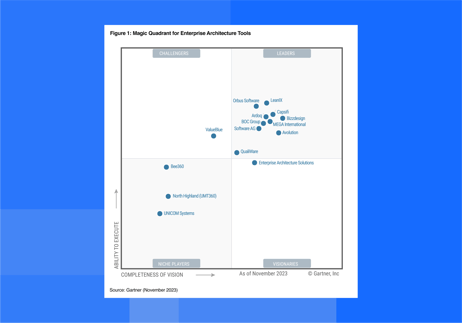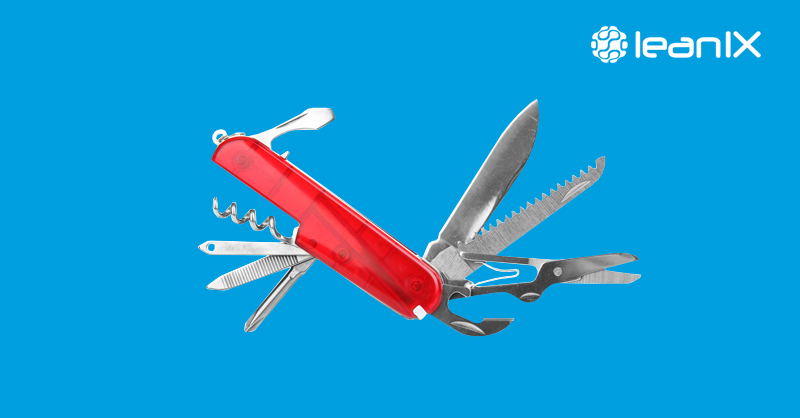
Maybe you didn't invest $100 in bitcoin in 2011, rendering you a multi-millionaire now, but there are more exciting outcomes on the way from the technology that supports Bitcoin - blockchain. Blockchain is a revolutionary technology that is sparking innovation across various industries. According to a recent study, 10-15% of all transactions will be based on blockchain by 2025.
What is blockchain?
Investopedia defines blockchain as a digitized, decentralized, public ledger of all transactions. Constantly growing as 'completed' blocks (the most recent transactions) are recorded and added to it in chronological order, it allows market participants to keep track of digital currency transactions without central recordkeeping. Each node (a computer connected to the network) gets a copy of the blockchain, which is downloaded automatically.
In the case of bitcoin, blockchain keeps a digital ledger in which transactions made in cryptocurrency are recorded chronologically and publicly.
Digital Ledger Technology
Blockchain has the potential to simplify business operations for all parties involved. Since all transactions are recorded transparently (in a private or public way), each block can be scrutinized, investigated, and validated. This digital ledger technology (DLT) has the potential to free up billions of dollars currently spent on expensive and inefficient accounting and payment networks in the finance industry. A recent Goldman Sachs report suggested that DLT could save stock market operators up to $6 billion a year.
Blockchain has the potential to create transparency in the music industry, save billions in the finance industry, provide cheaper transaction fees for small businesses processing credit cards, and disrupt many other industries including logistics, healthcare, legal, and real-estate.
Blockchain in the Enterprise 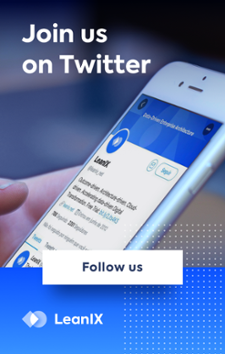
After a year at the peak of Gartner's 2017 Hype Cycle for Emerging Trends, enterprises may finally realize the applicable benefit of blockchain.
Encrypted cloud storage solutions. If agile, businesses stand to benefit from this emerging technology. Startups like Sia and Storj are now entering the market and are offering end-to-end cloud storage solutions that are based on blockchain technology. Eventually, these providers ensure not only unlimited storing possibilities at low cost but also high levels of security.
Smart Contracts. Another blockchain application that is likely to play a huge role in the future is what is referred to as smart contracts. Smart contracts describe all kinds of business contracts that are built in blockchains. These contracts will enable companies to transparently process high-value transactions without a fraction of the processing costs. All businesses from small to the enterprise may save cost on invoicing, paying bills, and handling inventory.
Private Blockchain Networks. There are two different types of blockchains: public and private. Public blockchains (e.g., Bitcoin and Ethereum) are suited for many anonymous participants and provide a verifiable consensus of proof of work. Private blockchains are kept central to one organization. Enterprises can use specific enterprise blockchain ledgers (e.g., Ethereum Enterprise, Ripper, Hyperledger) where participants can share their digital identities, give or deny, read and write permissions. Private or consortium blockchains would be best for enterprises.
Want to know more about how to research and evangelize trending topics for your company? Download our latest whitepaper here.
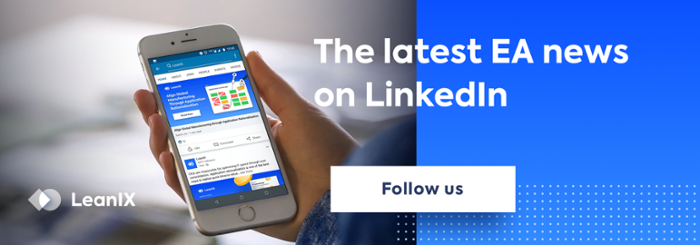
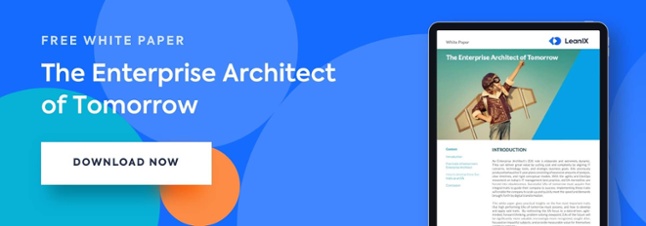

/EN/Reports/Thumbnail-Obsolescence-Gartner.png?width=140&height=100&name=Thumbnail-Obsolescence-Gartner.png)
/EN/White-Paper/EN-IDC-Inforbrief-Application-Rationalization-Portfolio-Management-Thumbnail_v2.png?width=140&height=99&name=EN-IDC-Inforbrief-Application-Rationalization-Portfolio-Management-Thumbnail_v2.png)
